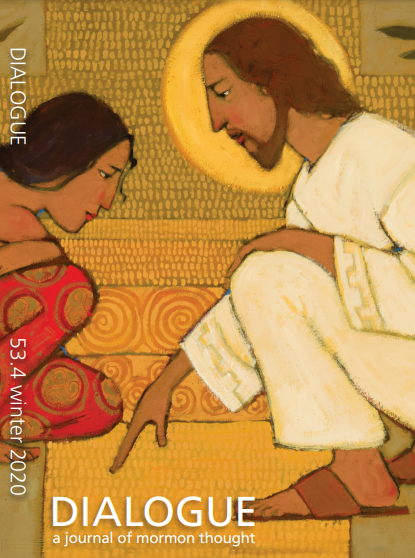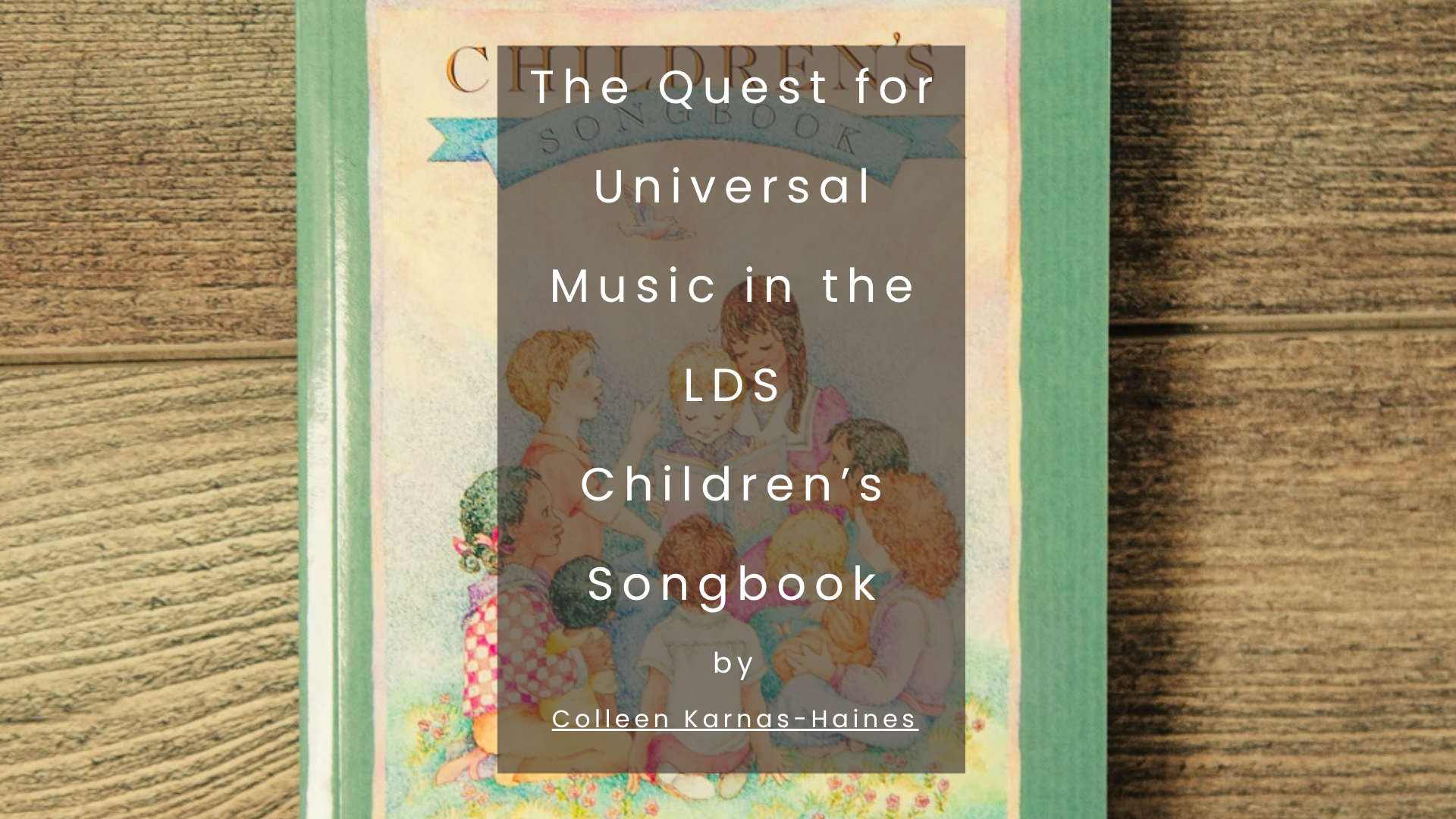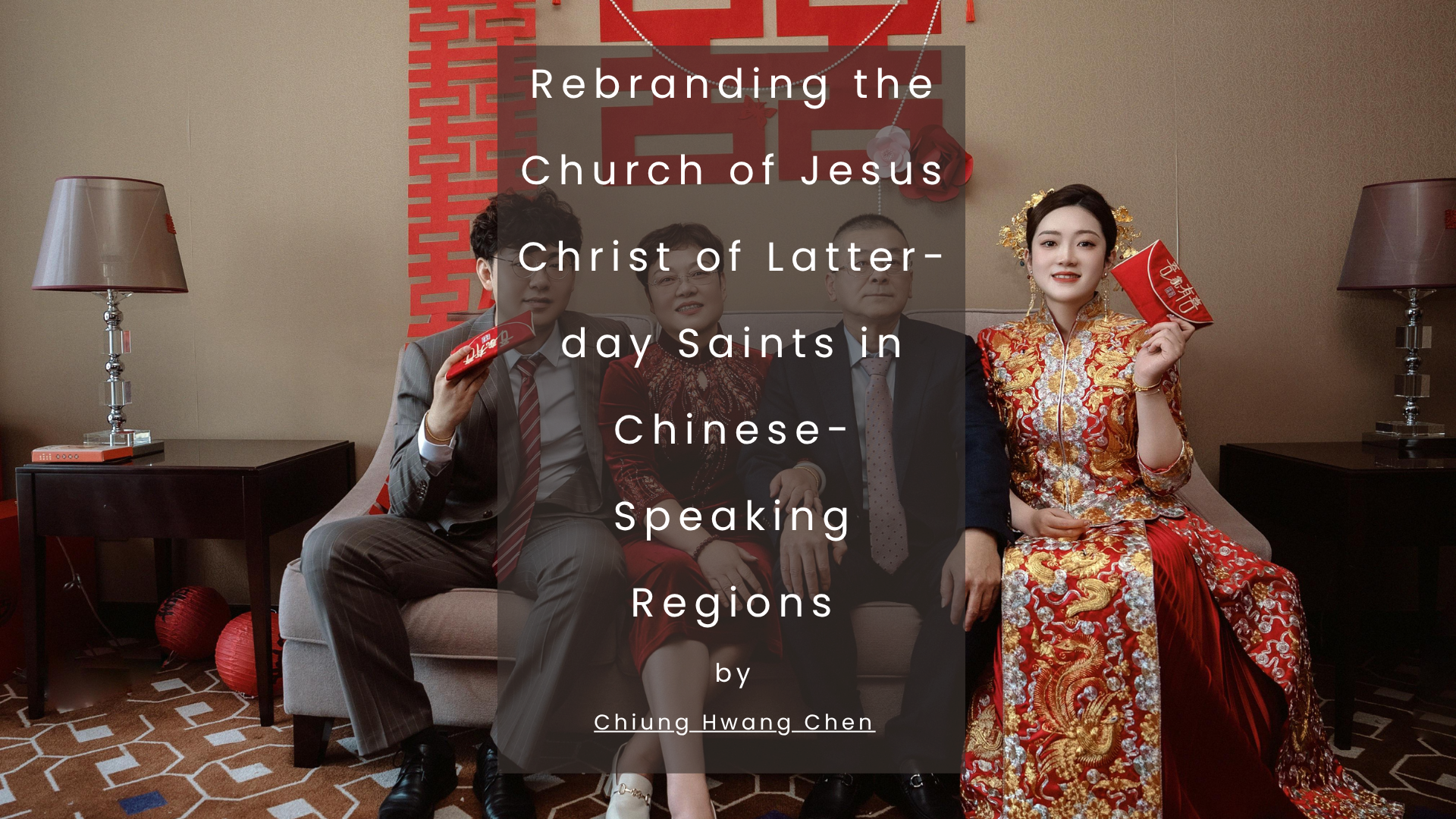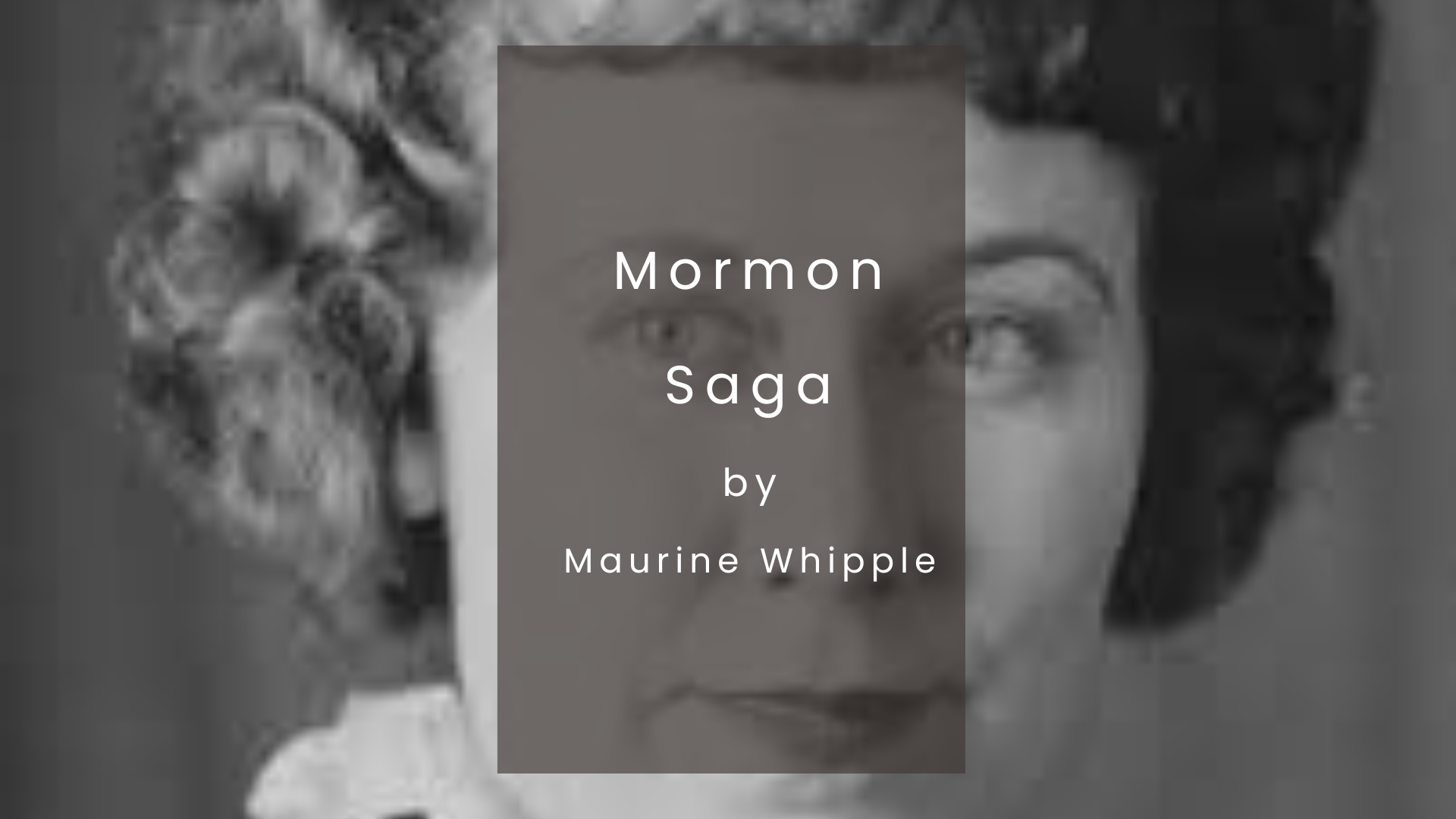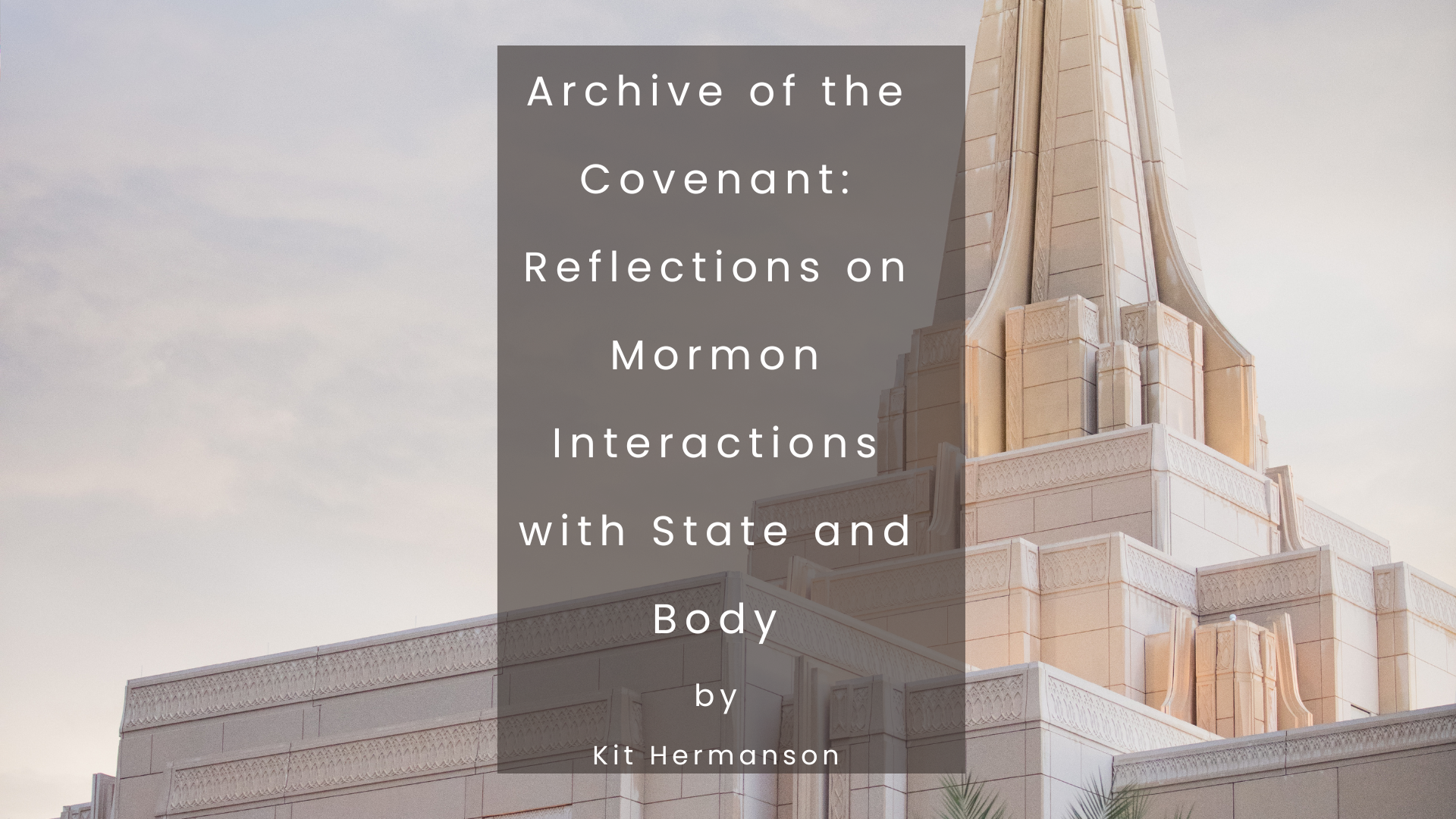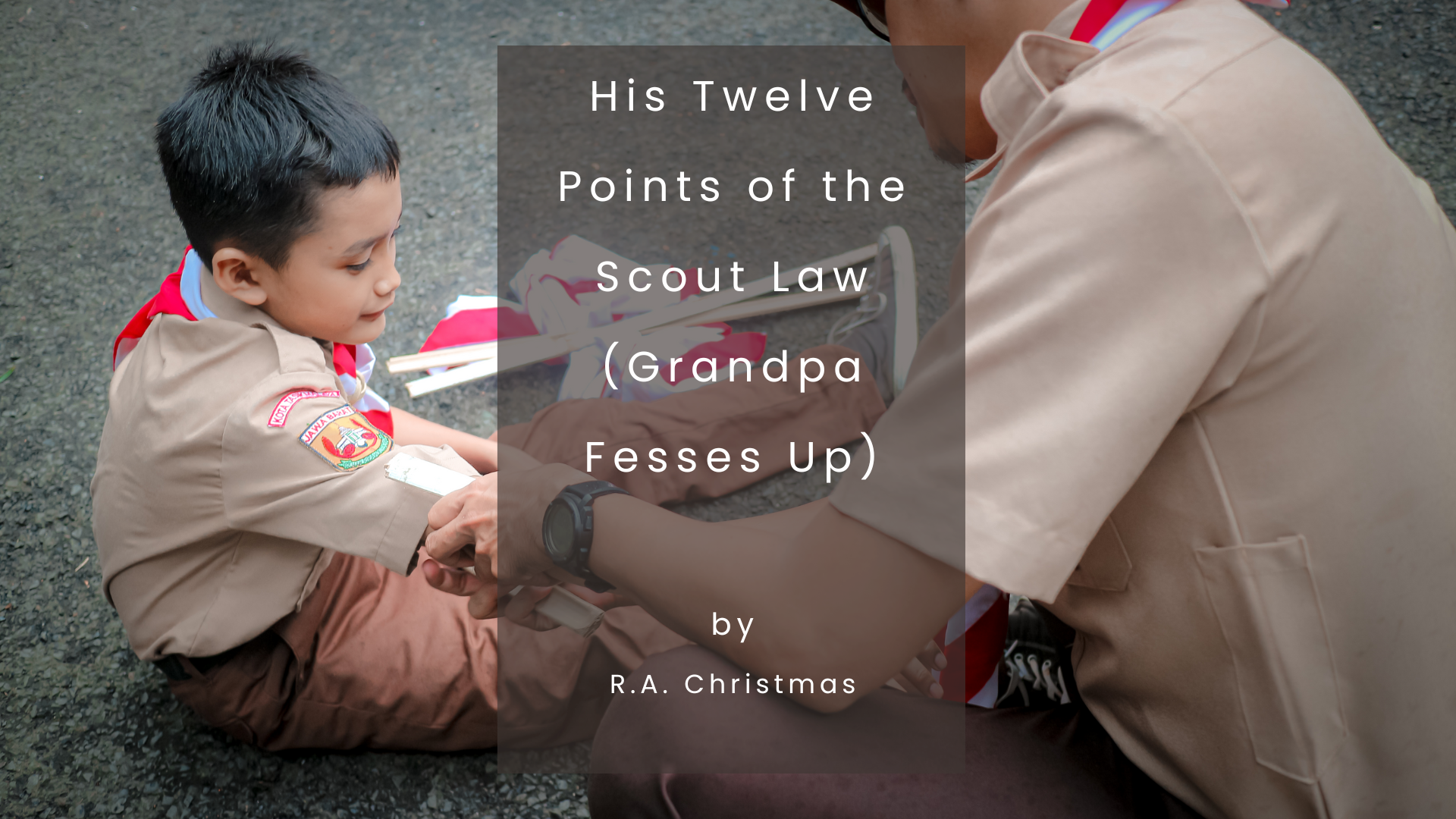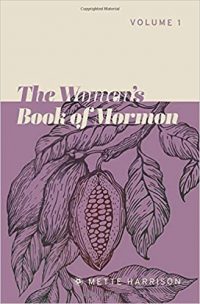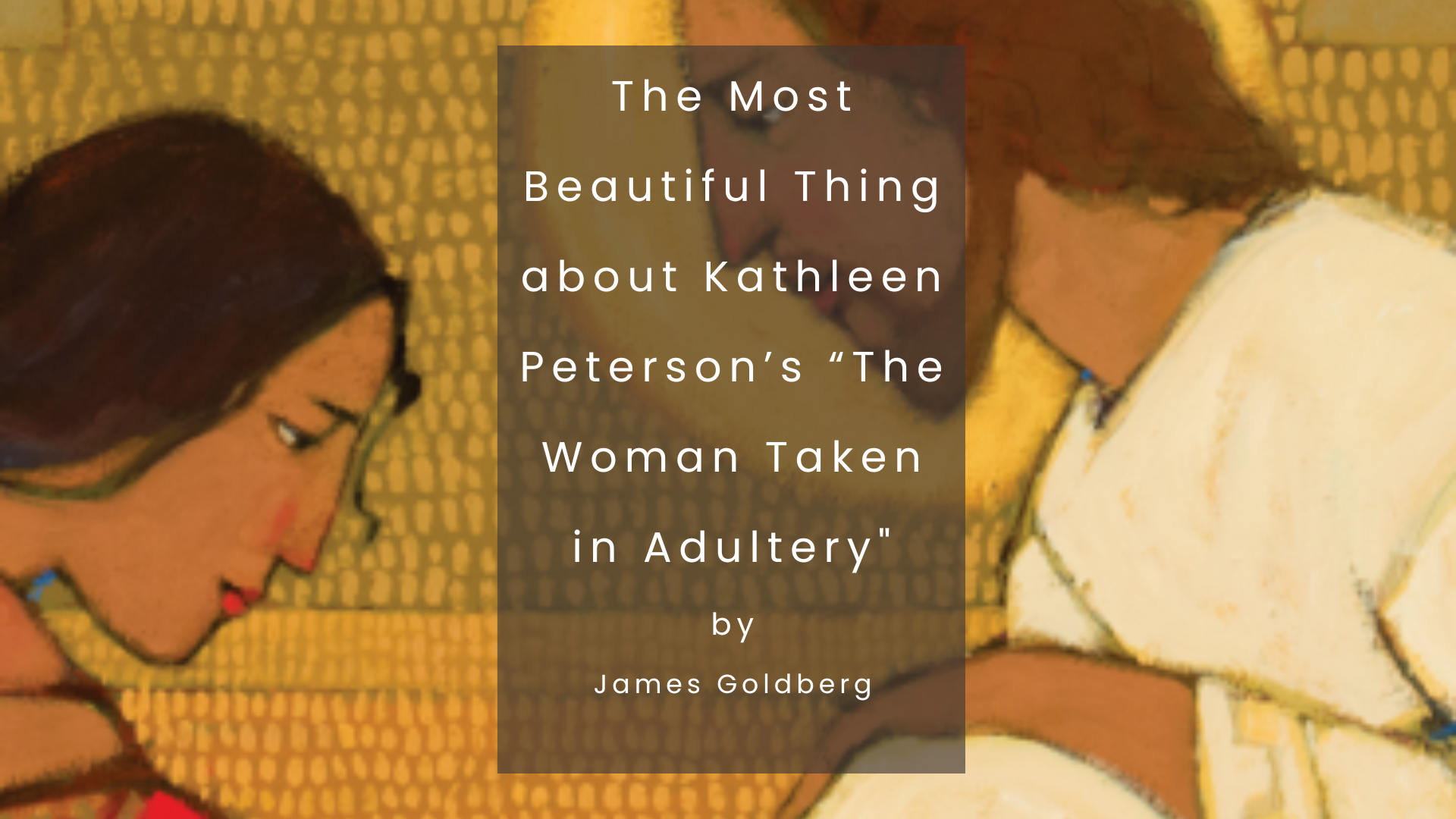Dust clogged my nose and the strong smell of horses, the clump, clump of their hoofs regular-like and slow, the heavy creak of the wheels, and over and above everything else, like sad heartbeats, the solemn thud, thud of the muffled drums. A sort of sigh went over all the multitude, and a woman sobbed out loud once. But mostly folks were quiet. A hush and a fear like the day of doom. You didn’t dare look, and yet it was like something glued your eyes toward that wagon passing, the stars and stripes with the black crepe edgings fluttering clean to the wheels.
Read more





